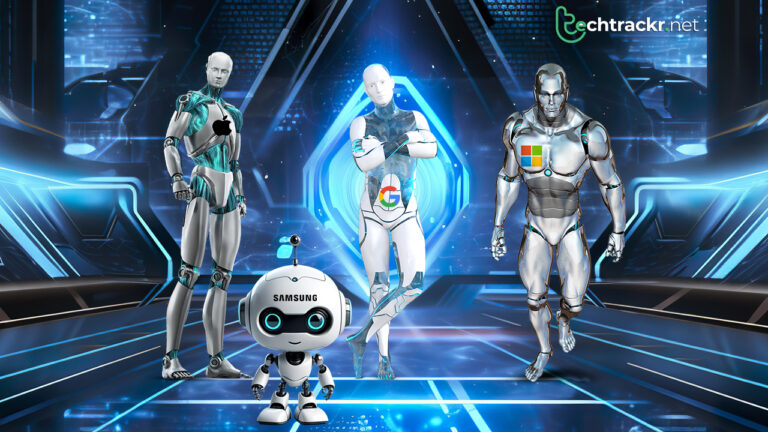
Google, Apple, and Microsoft all have announced and made leaps into the artificial intelligence arena, the latest to join the big rumble is Samsung. The Korean smartphone maker has unveiled its generative AI model called Samsung Gauss at the company’s AI Forum 2023.
A project by Samsung Research, Gauss consists of three tools – a generative AI model called Samsung Gauss Language, a coding assistant called Samsung Gauss Code, and an image generator and editor called Samsung Gauss Image.
The AI model has been “named after Carl Friedrich Gauss, the legendary mathematician who established normal distribution theory, the backbone of machine learning and AI, Samsung said in a blog post.
The large language model is capable of answering questions just like ChatGPT or any other advanced chatbot on the market. It can also help in tasks like composing emails, summarising documents, and translating content.
There is also something for coders as Samsung Gauss Code can help developers with coding, code description, and test case generation through an interactive interface.
Samsung Gauss Image is a text-to-image generator. It will also edit images along with style changes and convert low-resolution images to high-resolution.
Samsung has set up an AI Red Team to monitor security and privacy issues from data collection to AI development. The team will ensure the safety of AI, based on the principles of AI ethics.
It is quite likely that Samsung will include its generative AI model in the upcoming Galaxy S24, as per a report by the Korea Times.
Samsung also hinted that Gauss will be ‘expanded to a variety of Samsung product applications to provide new user experience in the near future.’
It should be noted that Samsung had temporarily banned generative AI tools, including OpenAI’s ChatGPT and Google’s Bard, on its devices due to an internal data leak this year.
This will be another instance when Samsung is trying something that has great options available.
While trying to forge its own path in virtual assistant, Samsung introduced Bixby. But Samsung users insisted on using Google Assistant instead, making Bixby fall flat on its face.
Similarly, Samsung had introduced its own internet browser, based on Chromium, even when Android’s Chrome was already there.
